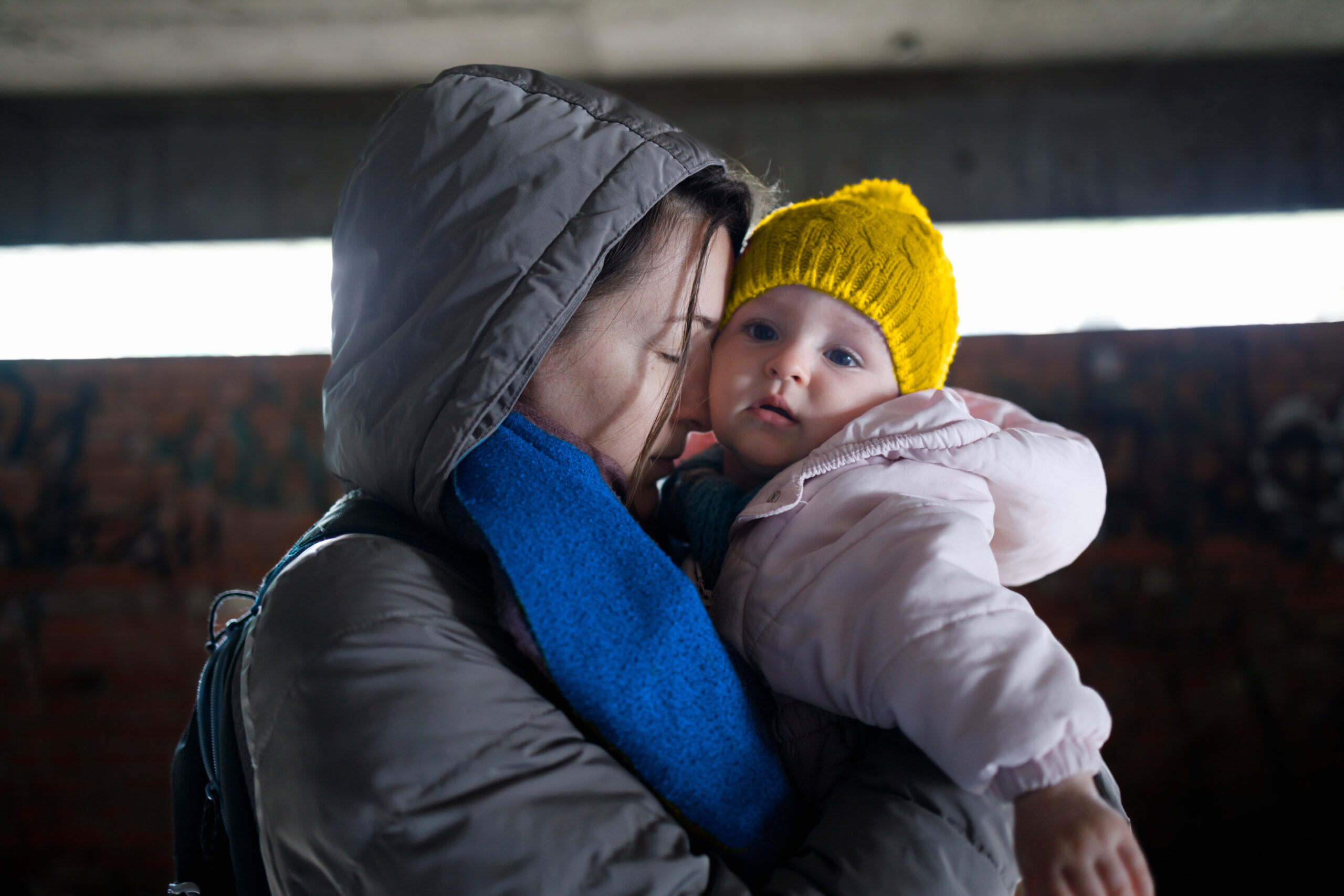The Power of Cultural Insight
by Peter Rupert Lighte
Alive to diversion along the way, I am fortunate in having antennae which helped me discern purposeful adventure from frivolous distraction. How else could a gay and globetrotting Sinologist, born four years after the end of World War ll, have created a family?
My story opens during the 1990s in London when I unexpectedly received a package containing old home movies. Ambushed by memories, I am transported back to Florida, my birthplace, and a childhood bathed in sunshine within a community of kindred couples whose children were in each other’s pockets. The sudden implosion of that world when I was eight, born of its intimate charms, led to my parents’ divorce. Soon on our way to New York in a 1956 green and white Oldsmobile, my wounded mother and I arrived during a snowstorm and were taken in by her incredulous family.
Immediately awkward in the hardscrabble school yard and fatherless at home, I was fortunate to be growing tall while feeling valued in my classes. Later came the cosmopolitanism of the Bronx High School of Science—there were students there from all the boroughs and no sports teams—where my sights were raised, only to be dashed when my wealthy father refused to send me off to university. Ironically, though, it was the two young children that came along with his fourth marriage which transformed my longing for a family into a very new sense of belonging.
When I finally managed to leave New York for school in Washington, DC, I found myself immediately caught up in the anti-war movement and the struggle for civil rights. But of paramount significance was my first brush with China. I had registered for a course, assuming it to be about Viet Nam; but on that very first day, in walked a towering and charismatic gentleman who held forth on loess, that yellowish windblown sediment long affecting the history of China. I immediately began the study of Mandarin—at the time, less sensible than Latin—well before the Nixon trip to the mainland. Then came Princeton and the study of China’s distant past under the watchful eye of a legendary Sinologist. Pronounced a language cripple, I was despatched to Taiwan as a remedy for my shortcoming.
There was more to Princeton than the Confucian classics, though it was my study of The Book of Changes and the concept of synchronicity that quickened those antenna of mine. Homosexuality finally came to the fore in my life during a meaningful friendship to which I did not even think I was entitled. Though the relationship came to grief, the experience was ultimately ennobling. Tribuno vermouth and a Bette Midler record are woven right into my entry into the gay world.
With an arcane dissertation under my belt and a Princeton PhD in hand, I naturally found my way into an academic career. But then along came another inadvertent opportunity which lured me towards banking, seeing me off to Beijing as the pioneer representative for Manufacturers Hanover Trust Company in 1982. Beyond the thrill of adventure, I grew to understand the power of relationships within the Chinese context The lesson of unending reciprocity served me well in the future; and it was in Beijing that the notion of adoption was planted.
Though my course was well set, it was not without obstacles. Off I then went for a posting to London in the midst of the Big Bang where Julian, a chiseled opera composer, came into my life under circumstances nothing short of bashert. In my mid-30s, not only did the notion of parenthood firmly take hold, but it coincided with the arrival of old girlfriends with loudly ticking biological clocks. Having bought into Bloomsbury fantasies, I sought to contrive a lifestyle which made room for Julian and a mother of my child. When it became clear that Julian was nonnegotiable, the women took flight, leaving me to cope with the possibility of never having a child. After all, in the London of the 1990s, gay adoption was an oxymoron and surrogacy, a cutting edge technique, held out little appeal to me. But such disappointment only served to strengthen the bond between Julian and me.
Duty then called again and we were off to life on The Peak in Hong Kong. At a party right after our arrival, It was a chance encounter with two newly adoptive mothers, friends from my Beijing days, that abruptly transformed theory into practice. When I congratulated them and wistfully let slip under my breath, “I wish I could become a father…,” they riposted, “You can!” In advance of even knowing obstacles yet before me, I dismissed them all. The very first was addressed on the spot. Since unmarried people of any persuasion were prohibited from adopting jointly in China, I was again to be a pioneer—the first single man hoping to become a father of a baby daughter from the mainland.
The paperwork was daunting, but the goodwill that I encountered took my breath away. Since I was using a Catholic agency, I screwed up my courage to approach the grand chairman of Manny Hanny, one of New York’s most prominent Catholics, to write on behalf of this gay Jew. His letter was received so swiftly that there was not even time to be anxious about his response. But the tedium of bureaucracy grew dark with the coming of 1997, the year of Hong Kong’s handover back to China. The agency notified me of an open-ended delay, offering no explanation. At this moment I just knew that there could be no respect for process if I were ever to become a father. Falling back on to lessons learned in philosophy classes back at Princeton and during my sojourn in Beijing, I began to explore webs of relationships in China that might allow me to push ahead without leaving debris in my wake.
Nothing short of a diplomatic ballet ensued, bringing me into the orbit of a minister of state with whom I gingerly crafted a relationship. Beginning with a gift of a rattle for his granddaughter, I gradually found my way into his family and he, with the lightest of hand, began steering me through intimidating political obstacles that were flummoxing emissaries and industrialists alike. In October 1997, I finally traveled up to Hangzhou, accompanied by an unemotional cousin of Wagnerian stature—her lack of emotion and command of the space around her served me well—where Hattie, my daughter, found me. But this glorious finale did not preclude further dramas. The authorities in Hangzhou suddenly obliged me to document my unmarried status; and once we got back to Hong Kong, I was faced with a conundrum: by returning to America with the baby to officially establish her nationality, I would be prevented from bringing her back to Hong Kong for eighteen months. Well under the cosh, I came upon an obscure legal procedure—expeditions naturalization—devised for soldiers who had married foreign women, enabling couples to return immediately to their postings. With the help of an immigration lawyer married to a cousin, Hattie became an American and we were all swiftly on our way back to Hong Kong.
We were now a family; but it was Julian to whom the baby was gravitating. I stood by, watching my partner, who had no need to be a father, becoming needed by his new daughter. It took time for me to learn and it took us all time to stop watching each other and just be. We grew delightfully ordinary, soon simply regarded as Hattie’s parents. We even had a parrot. Then, owing to the discovery of a document I came across when finally cleaning out a cupboard of adoption-related papers, I suggested to Julian that we crank up for a second child. That he was a natural at the parent game did not prepare me for his antipathy to my suggestion. But owing to the imminent expiry of that piece of paper grandfathering our ability to proceed expeditiously with a second adoption, I set in motion the application procedure.
That I was known in Beijing to be under the wing of a Chinese official and a poster child for the adoption agency in Hong Kong did not insulate us from sadness. When all hurdles had been jumped in a timely fashion and a baby’s file had again been presented to us, we unwittingly discovered that the little girl was seriously ill. It mattered to us not in the least; after seeing her photo, how could it be otherwise? But when the situation came to the attention of the minister, he prohibited the adoption from proceeding. In fact, he stood over me in Hong Kong, insisting that I decline the child. In his lights, he had not only been betrayed by underlings, but had let me down by offering Hattie a sick sister. I still grieve for that baby today.
Invited up to Beijing by the minister who sought to redress a mistake that was never made, he gave me access to the inner sanctum of the adoption headquarters—sadly reminiscent of the Circumlocution Office in Little Dorrit. I dutifully went through files under the watchful eye of an official who sought to be helpful; it was only a photo of a baby whose face was barely visible that caught my eye. After bringing the file to the clerk’s attention, I fled the premises, unable to cope with the chaos of lives piled randomly hither and thither. Not long afterwards, three files arrived in Hong Kong from the minister, but only one photo bore a large check mark in its corner. I realized that it was the baby I had noticed up in Beijing, oddly recalling her birthday and birthplace—Luoyang.
It was not long before Julian and I were bound for that northern city, the peony capital of China. The minister had fulsomely paved the way, thereby insulating us from bureaucratic nuisance. Aside from the baby’s new surname being left off of her adoption papers, all went smoothly. We were free to explore the Longmen Caves and visit the White Horse Temple, the first Buddhist temple established in China—with Baby Tillie in tow, very much along for the ride. On one evening, after managing to finally catch sight of a single peony bud out of season, we were feted by a chef who made the world’s tiniest dumplings. Julian and I now realized, though, that we had to be fathers to two children, feeling both doubly blessed and torn, with Hattie awaiting our return back in Hong Kong. Julian left first and I took Tillie to Guangzhou where we completed her paperwork. But we weren’t quite home free.
At the very last moment, our immigration lawyer withdrew from our case, leaving us to fend for ourselves; not only did we have to identify another attorney, but bring that replacement up to speed on expeditious naturalization. The stress was all the more heightened by the fact that it was my cousin’s husband who did us in. I could not help but reflect upon the rhythm of the relationship I had crafted with the Chinese official, a sheltered place where such duplicity could never have been countenanced. That I later discovered the cause for the ruction within my family to be a divorce in no way justified Julian and our daughters’ being dismissed as collateral damage; what matters, though, is that we prevailed.
Since Julian and I were raised by single mothers of limited means, we just knew that our family had to be well moored, all the more so because mine was an itinerant career. Right on our doorstep, though, was Julian’s music making which provided meaningful constancy as we decamped for Tokyo, London, Beijing and finally Princeton. Our household became one of ritual and not rule; we spent each summer out on Shelter Island—America to the girls—and threw an annual shindig in Chelsea—with music in the garden—to ensure that our family was surrounded by a cadre of loving people growing along with us. While we were still in Hong Kong, Hattie and Tillie were named in the synagogue despite a hue and cry raised by the Orthodox community; and they were bas mitzvah'd in Beijing by the very same rabbi who bravely presided over the naming ceremonies who we flew in twice from Jerusalem. Julian tracked down an expat Klezmer band for Hattie’s event at a renovated Ming building near the Forbidden City and cobbled together another Klezmer group that looked more like the Village People for Tillie’s festivities at an abandoned Buddhist temple with soaring red columns.
By the time we arrived in Princeton at a home where I had been a cat sitter during my student days, the girls were certainly secure in their fathers’ arms, already citizens of the world, in touch with their native ethnicity—thanks to my obsession with China and our Beijing housekeeper’s inability to speak English, and their Judaism, too. It was also satisfying to have anonymously arranged for the Chinese minister, the godfather of my family, to spend time at Princeton where he shared his insights into the country which he had helped my daughters to leave behind.
Julian is now playing the piano in the living room, Hattie and Tillie are both Barnard women, Fuqi, our dog brought with us from Beijing, frolics in the garden, and I still pinch myself.
Peter Rupert Lighte is the author of Straight Through The Labyrinth: Becoming A Gay Father in China and two other books.




